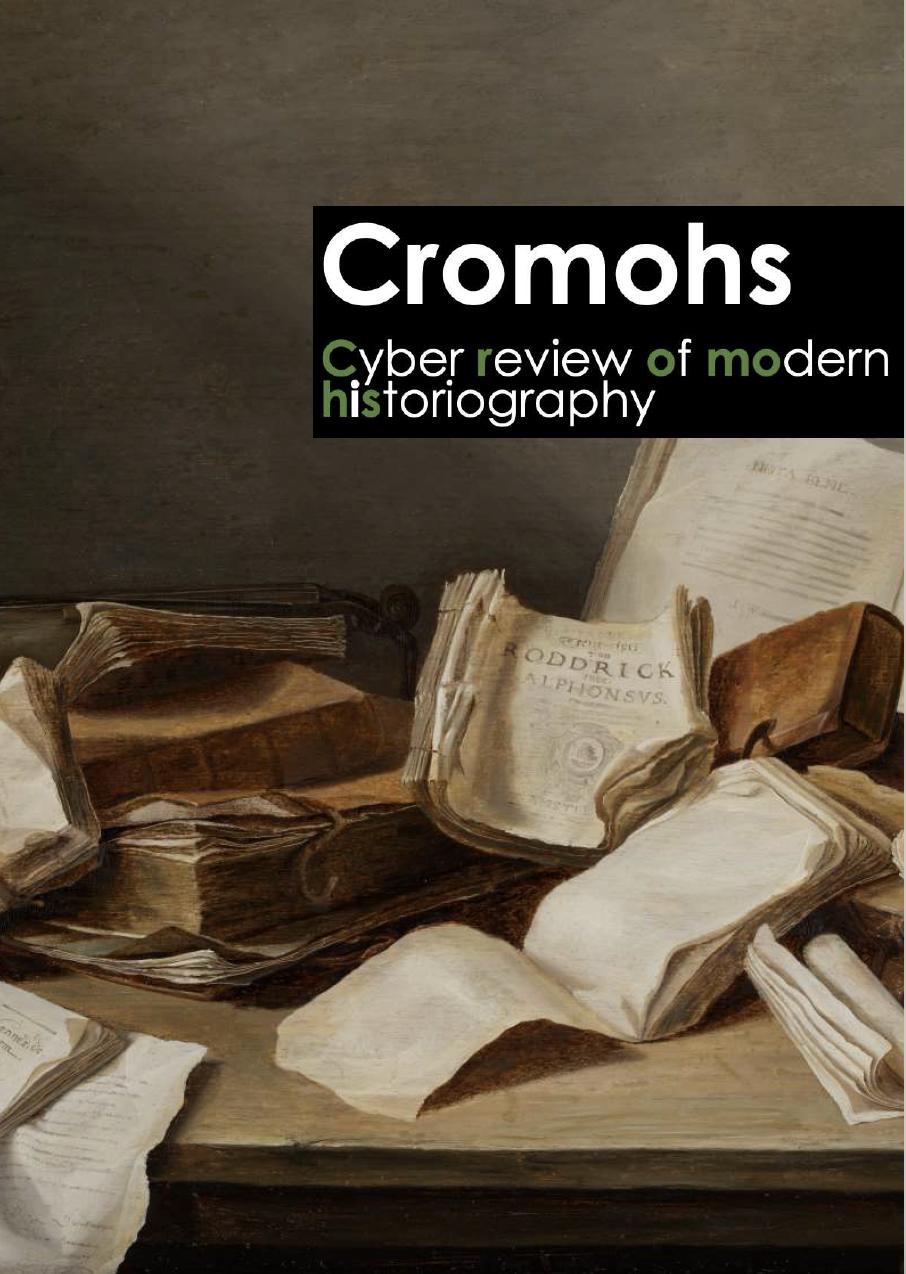The Transculturality of Virtue in the Early Modern Mediterranean: A Case Study in Florentine-Ottoman Relations
Published 2024-06-04
Keywords
- Transculturality,
- Mediterranean History,
- Ottoman Empire,
- Florence,
- Italy
- Renaissance ...More
Copyright (c) 2024 Luc Wodzicki

This work is licensed under a Creative Commons Attribution 4.0 International License.
Abstract
This article approaches the transculturality of virtue ethics in early modern Mediterranean intellectual culture by focusing on the case study of Florentine-Ottoman relations during the reign of Sultan Mehmed II. It examines how both entities, though drawing from different intellectual traditions and interpretations of virtue, engaged in a constructive dialogic process that facilitated diplomatic and cultural exchanges. To Florentine humanists, using virtue ethics with the Ottoman court allowed the framing of political actions as ethical conduct. To the Ottomans, it permitted an intellectual integration of the Florentines into the nizam-ı alem. This reveals how Mediterranean actors developed deep intellectual structures, which endowed their actions and encounters with culturally specific yet transculturally significant meanings. As an analytical concept, I argue, transculturality is not about portraying an overly rosy picture; it is a process that helps us better understand the multidimensionality of Mediterranean intellectual culture without imposing cultural boundaries where none exist.

